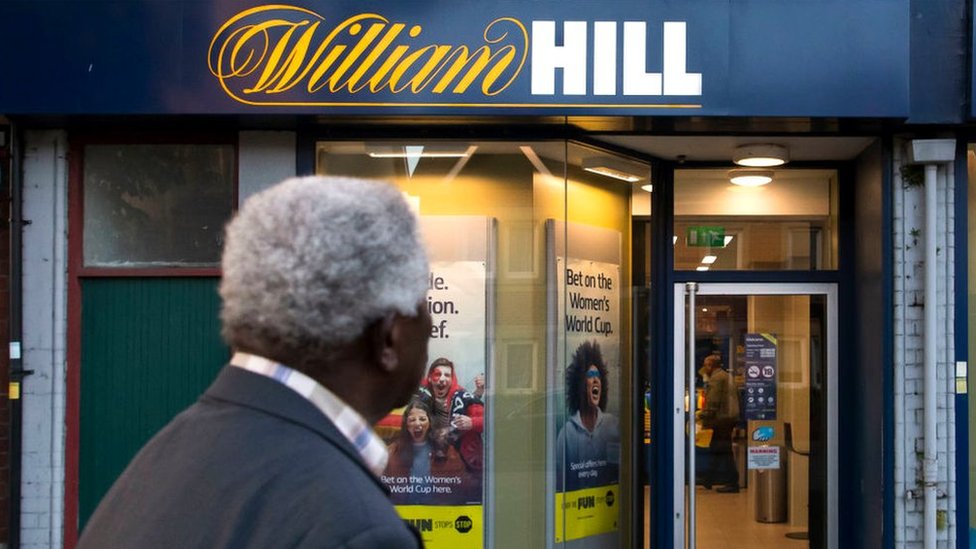Gambling Behaviour In Great Britain
GAMBLING BEHAVIOUR IN BRITAIN: SUMMARY OF FINDINGS INTRODUCTION This report presents results from the National Centre’s British Gambling Prevalence Survey. This is the first nationally representative survey of its kind in this country, and its overall aim is to provide baseline data on adult gambling behaviour in Britain. The UK Gambling Commission recently published data to show how the pandemic has affected gambling behavior among players in Great Britain. The data covers a time frame from March to August when the pandemic first took hold and looks at both online and land-based gambling activities.


The Gambling Commission and government need to do more to ensure that regulation can protect gamblers effectively, according to a new NAO report.


There are an estimated 1.8 million ‘at risk’ gamblers and 395,000 ‘problem’ gamblers – including 55,000 children, some of whom are as young as 11.1
Gambling addiction can lead to mental health problems, relationship difficulties, large-scale financial loss and, in some cases, crime or suicide.
The NAO’s report looks at regulation of an industry which now yields over £11.3 billion2 for gambling operators every year. The Gambling Commission3, which regulates the industry, has annual funding of £19 million and almost all of it comes from licence fees paid by gambling operators. The Department for Digital, Culture, Media & Sport (DCMS) is the government department with overall responsibility for gambling policy and regulation.
The report concludes that while the Commission has improved regulation, there is much more it should do. It has increased enforcement against gambling operators that break rules, for example by revoking licences, and has also strengthened its rule book.4 But it needs to do more to incentivise operators to raise standards and be more systematic and detailed in recording and analysing information about gamblers to plug gaps in its knowledge.

Even if the Commission makes these improvements, it is a small body that is unlikely to be fully effective in regulating a challenging and fast-changing industry within the current system. Gambling regulation does not have features seen in other sectors, such as an ombudsman, and the way it is funded is not flexible meaning the Commission cannot change licence fees to respond to new risks emerging quickly from changes in technology and demand.
Gambling Behaviour In Great Britain War
The report’s recommendations include that the Commission and DCMS should:
Gambling Behaviour In Great Britain War
- Be more strategic about getting gambling companies to better protect people. This could include incentivising companies to do more to make gambling safer beyond meeting minimum requirements
- Ensure gamblers are aware of services to resolve disputes, and review whether these arrangements are working effectively.
- Review how regulation is funded so they can keep pace with a fast-changing industry.